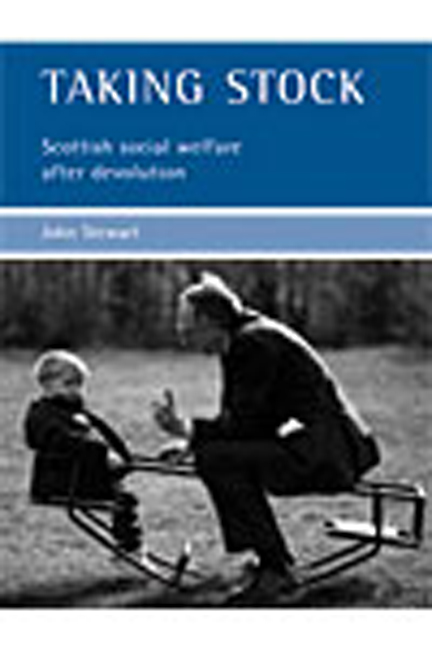Book contents
- Frontmatter
- Contents
- Acknowledgements
- one Introduction: welfare and devolution
- two Income and expenditure
- three Poverty, inequality and social disadvantage
- four Children, education and lifelong learning
- five Health policy
- six Scottish social welfare after devolution: autonomy and divergence?
- References
- Index
two - Income and expenditure
Published online by Cambridge University Press: 03 February 2022
- Frontmatter
- Contents
- Acknowledgements
- one Introduction: welfare and devolution
- two Income and expenditure
- three Poverty, inequality and social disadvantage
- four Children, education and lifelong learning
- five Health policy
- six Scottish social welfare after devolution: autonomy and divergence?
- References
- Index
Summary
Introduction
In January 2003, Lord Barnett asked a government spokesperson in the House of Lords whether the administration had “any plans to scrap the Barnett formula with respect to the allocation of public expenditure”. Since it was Lord Barnett who, as chief secretary to the Treasury, had allegedly created this formula, here was a question with an agenda. The subsequent exchanges brought out the controversies, methodological problems and misapprehensions surrounding the mechanism that determines the level of incremental expenditure changes to Scotland, Wales and Northern Ireland. Lord McIntosh, for the government, made four points. First, the formula was not the basis on which Scotland and Northern Ireland in particular received proportionately higher levels of funding. Second, the formula worked and provided “a degree of security and certainty”, being based on “known facts about the population and the known baseline”. Such advantages should not be “taken too lightly”. Third, in any event there was no practical or attractive alternative. Finally, in principle, if not so far in practice, the Barnett formula would ultimately lead to convergence in public expenditure levels across the UK.
Lord Barnett himself, however, felt the formula to be “grossly unfair”. It was not, moreover, a formula when he introduced it – it had only become so under the Conservative governments of the 1980s and 1990s and the current Labour administration. Lord Stoddart was even blunter: was the minister aware, he demanded, that:
people in the south of England, who are being told that their rates might increase by 20 per cent, and people in the north of England, who see Scotland being treated in a preferential way, feel great resentment, especially when they see that in Scotland students are treated better than they are in England, Wales and Northern Ireland? Moreover, old people get better treatment in Scotland than they do in the rest of the United Kingdom. Does he understand that the resentment will boil over one day and cause the Government much trouble? (Hansard, House of Lords, 27 January 2003, cols 913-16).
As will become apparent, Lord Stoddart was either confused or misinformed about certain aspects of Scottish public expenditure. Nonetheless, he raised important questions about how funding is allocated to Scotland, and about the matter of equity (as we shall see in Chapters Four and Five, respectively, student funding and care of the elderly are indeed areas of policy divergence between Scotland and England).
- Type
- Chapter
- Information
- Taking StockScottish Social Welfare after Devolution, pp. 29 - 44Publisher: Bristol University PressPrint publication year: 2004



